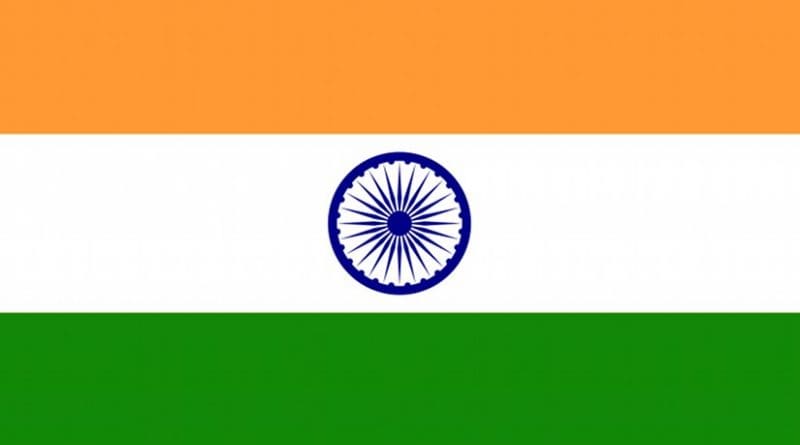JNU Crisis: Need For Crystallizing Questions Other Than Wholesale Answers – OpEd
The monster of media trials regarding everything in this democratic country — along with the efforts to turn the huge term like sedition toward common sense and everyday use and communalizing in academic spaces — is becoming a dangerous trend with undesirable ramifications.
For the media, perhaps everything in the country has become Deshdroh and every student is Desh Drohi, but in fact the social realities are different and anger, emotion and mistakes or confusion cannot be sedition all at once. The recent JNU crisis has helped a liberal Indian to crystallize many painful questions rather than supplying the usual biased answers based in religion, region, caste, class, etc. Also the complexities of the state response to the crisis and a few unsatisfactory answers to thorny questions that do exist have revealed our social rupture, TRP craze, politicizing pain and thus painted everything a monster which it never was.
Perhaps one thing that the whole country’s academic space has understood is to define limits of so-called cultural events and redefine the idea of free speech and reassign the limits of student activism and politics which is taking a bad rap for it is being maligned and used by vested interests for their own politics.
Currently we see student politics on campuses has remained nothing but party politics and the associated hatred with it. What actually fuelled anti-national slogans in JNU and who voiced such slogans continues to be a mystery, despite arrests and so much hype on such arrests. The nation’s majority still is confused in the name of heavy terms like anti-nationalism, sedition, etc,. Seeing the level of intolerance for students,the attack on Kanahya and media hatred for Umar Khalid and his friends or for that matter Kashmiris, one feels are we also a Pakistan-in-making and seeing so-called lawyers attacking the arrested student and continuous police failure, one perceives that are we actually the victims of law and order problem and need more efficient policing and smart intelligence.
Worst of all the politics of patriotism has marred our integrity and actually divided people. Every Indian with pride says ‘Kashmir Hamara Hai’ or Northeast hamara hai, but what about the Kashmiri or the masses of northeast who are branded, labeled and insulted. Let the nation say ‘Kashmiri Hamara Hai’ and start loving Kashmiris and the northeast people rather than just feeling proud about the geography of Kashmir.
To begin with, State needs to curb the troll brigade who keep abusing authors, women, leaders, and spare none. Now even so-called Desh Bakht lawyers have started manhandling people without any shame. The culture of social networking vulgarity and the hurried media trial on every matter has to be stopped so that the limits of free speech can be recreated and events like anti-national sloganeering does not get encouraged anywhere in India. On the Deshdroh discourse and its political hype, we Indians must understand that a few slogans can never shake this mighty nation’s integrity and therefore must be put to oblivion and set the students free. However, this doesn’t mean the actual culprits must be allowed to roam free. At least every Indian has a right to security and a right to question the system currentl yin place. Now there are open threats to minorities and “EK Sar Kay Badlay Dus Sar” has become a new debate, reflecting nothing but the growing insecurity of the vulnerable.

